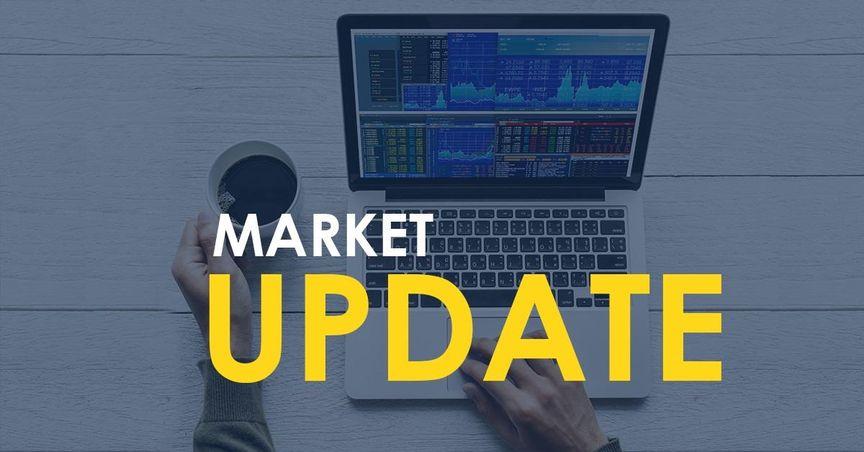Highlights
- Key tax deductions can boost investment-related returns
- Home office and investment seminar costs may qualify
- Expenses must directly relate to income-generating assets
As the end of the financial year approaches, many Australian investors are reviewing their portfolios, not just for performance, but to ensure they’re making the most of available tax deductions. For those navigating the ASX200 landscape, understanding which investment-related expenses can be deducted could help enhance returns and reduce tax liabilities.
Interest on Borrowed Funds
If funds have been borrowed to invest in shares or other income-generating assets, the interest paid on those loans is generally tax-deductible. However, the deduction applies only to the portion used for generating assessable income. If part of the loan was used for private purposes, that share of interest isn’t deductible. For instance, if an investor purchased shares in Xero (ASX:XRO) using a mixed-purpose loan, only the income-producing portion qualifies.
Account and Investment Management Costs
Ongoing account-keeping fees tied to investment-specific accounts — such as income bond or dividend accounts — can also be claimed. In cases of joint accounts, only the relevant ownership portion can be deducted. Investment-related costs, including management fees, portfolio rebalancing advice, travel to AGMs (for existing investments), or subscriptions to financial publications, are also potentially deductible.
However, fees related to potential or speculative investments or initial advice prior to purchasing an asset don’t qualify. Transaction costs like brokerage aren’t deductible outright either but can be factored into capital gains tax calculations later.
Seminar and Research Expenses
Investors who attend seminars or webinars related to assets they currently hold — such as updates on companies like Fortescue Metals Group (ASX:FMG) — can typically claim those participation costs. Attending events focused on assets not yet acquired doesn’t qualify for deduction.
Home Office Deductions
Expenses incurred while managing a portfolio from a home office are eligible if they directly relate to income-generating activities. Heating, lighting, depreciation on equipment, internet, and even some stationery can be claimed, provided they’re documented and apportioned correctly. For equipment under $300 — such as a desk or mouse — the cost can be deducted in full immediately.
Investors can opt for a simplified 70 cents per hour method offered by the ATO, provided complete home-use records are maintained throughout the year.
Documentation is Key
A common thread across all deductions is the necessity for accurate records. Receipts, invoices, usage diaries, and expense apportionments form the foundation of a compliant and successful tax claim. While it may seem tedious, doing this thoroughly ensures no opportunities are missed — especially when dealing with companies in the ASX200 category.
Taking time to review and understand these investment tax deductions can be a strategic move for investors looking to maximise their tax outcomes and financial efficiency in FY2025.






